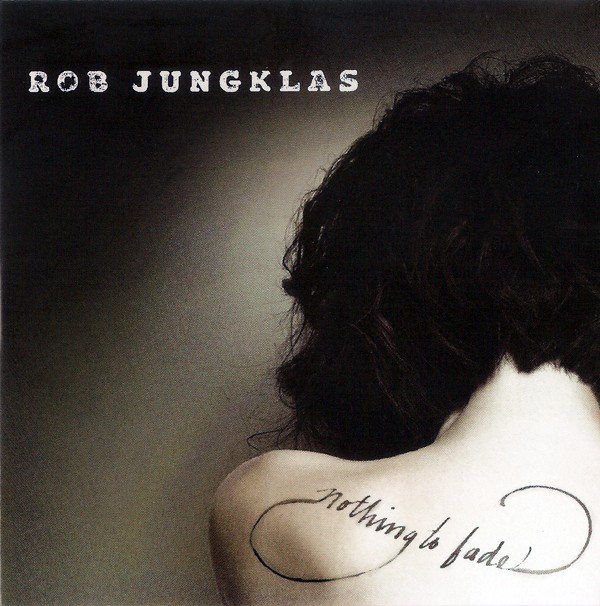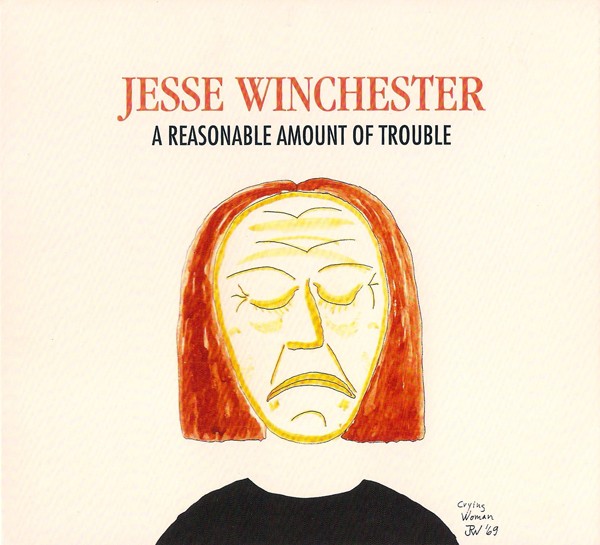Lucero. Like the word itself, the group has been a lodestar of sorts for anyone asking the musical question: “Can you find commercial success, yet maintain an identity rooted in the ragged rooms of Midtown Memphis?” For more than two decades, that’s just what they’ve done, and part of their identity has always rested on being unpredictable. That’s why I’m surprised/not surprised when the first sounds emanating from the speaker from their latest record are the shadowy, atmospheric tones of an analog synthesizer, with chunky guitar chops following close on their heels. With just a few swift notes, I was having an ’80s flashback.
That decade has lately been celebrated and rediscovered, as with series such as Stranger Things. Something different is at work on When You Found Me, the record just dropped by Lucero on the Liberty & Lament label last week. But singer/songwriter Ben Nichols is frank about evoking that time.
 Bob Bayne
Bob Bayne
Lucero
“I was going back and listening to the ’80s radio rock catalog that I grew up on — and rebelled against for a while — and then eventually returned to,” he says. “And some of the stuff from that era is well-respected, like Tom Petty and Devo and some other things. Some things maybe aren’t quite as venerated, but they’re still part of my musical background. It’s something I wanted to reference in a way that still sounds like Lucero.”
Oddly enough, it really does sound like Lucero — and Memphis. Imagine drunken, desperate friends singing along to Journey or Golden Earring while driving on Madison or Beale, and you’ll have a sense of what Nichols and the band have crafted. And yet, unlike such “not quite venerated” bands, the lyrics take you in unpredictable directions. Writing songs like short stories, as Nichols says, “was the approach I brought to Among the Ghosts,” the band’s last album. “This new record is kind of a continuation of that,” he says.
But while the previous album evoked, sonically and lyrically, journeys on open roads and interstates, this one focuses more on small, local details — the endpoints or way stations on those journeys. It conjures up starker contrasts, as between a cityscape and the sky above.
“Cigarette smoke in the neon/There must’ve been a hundred shades of red/Now she’s running through the moonlight/Her only plan is getting somewhere else,” Nichols sings on “Outrun the Moon.” The chorus, like some of his characters, literally trades in half-measures, a mixture of hope, trepidation, and regret.
“I weigh my deeds on my father’s scales,” he sings on the next track. “I balance them with coffin nails.”
The heartbeats of these characters propel them forward, evoked by the powerful, inventive rhythm section of Roy Berry (drums) and John C. Stubblefield (bass), as well as the twin attack of Nichols and Brian Venable, who’ve always brought rich guitar tones to Lucero albums.
But what’s especially remarkable here is keyboardist Rick Steff’s work, and it doesn’t just come down to his deep knowledge of and love for synthesizers. When I comment on Steff’s sparse, effective piano flourishes, Nichols heartily agrees. “He’s a master at that. Like the piano line on ‘Coffin Nails’ stands out to me. He’s always been good at that. On this record, you’ve got synth pads creating the atmosphere and floating around in the background, but that allows the space for the piano to exist in these very delicate, nuanced kinds of ways.”
For Nichols and the band, the keyboard textures felt like a natural progression. “I didn’t want to make a retro record. I wanted it to be a straight-ahead Lucero album, but with sonic elements that I’ve wanted to incorporate for a while.” The real experiment, according to Nichols, was to push himself further as a writer. “I have tried to write more story-based songs, from other characters’ points of views. Which doesn’t come as naturally to me. I’m getting closer to what I want to do. On this record, you can see that I’m at least putting in the effort.”
 Jaime Harmon
Jaime Harmon 





